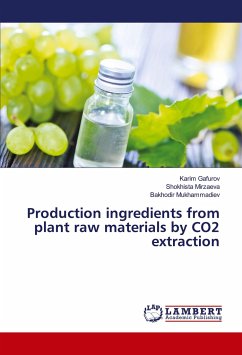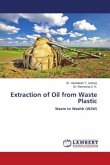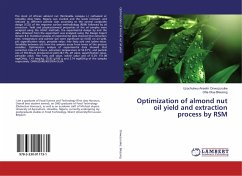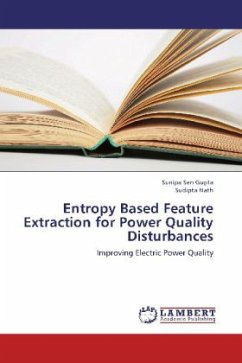Global biofuel production has been increasing rapidly over the last decade, but the expanding biofuel industry has recently raised important concerns. In particular, the sustainability of many firstgeneration biofuels (primarily from food crops such as grains, sugar cane and vegetable oils) has been increasingly questioned over concerns such as reported displacement of food crops, effects on the environment and climate change.The increasing criticism of the sustainability of many first-generation biofuels has raised attention to the potential of socalled second-generation biofuels.However, due to food vs. fuel competition as well as land consumption of these biofuels, they have brought much controversy and debate on their sustainability In this respect, cultivation of macroalgae at sea water or industrial or other waste water provides a possible solution for this energy issue. Microalgae are single-cell, photosynthetic organisms known for their rapid growth and high energy content. Some algal strains are capable of doubling their mass several times per day.
Bitte wählen Sie Ihr Anliegen aus.
Rechnungen
Retourenschein anfordern
Bestellstatus
Storno








